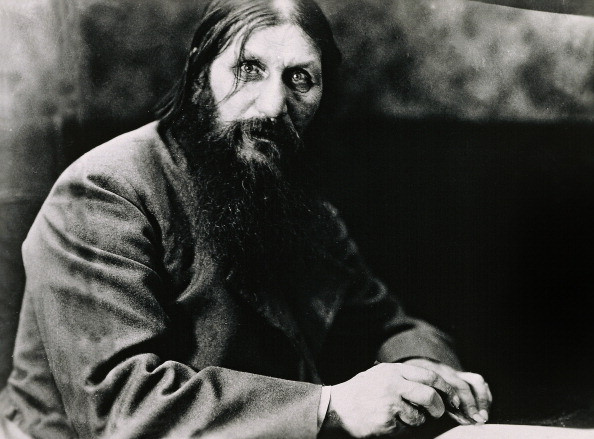Thai Prime Minister Chan-ocha Among World Leaders who Consult Clairvoyant 'Art of Fortune Telling'

Thai Prime Minister General Prayuth Chan-ocha has defended his practice of consulting fortune tellers.
Chan-ocha's statement followed media speculation that he had travelled to Myanmar to visit a famous mystic, known as ET, who had provided advice to former Thai prime minster Thaksin Shinawatra.
Chan-ocha denied he ever visited ET, however he added he often seeks the advice of fortune tellers. "Fortune-telling is an art," he told reporters. "I listen to [fortune teller's] words."
Chan-ocha became prime minister of Thailand following a May 2014 coup d'état that he led, which toppled then prime minister Yingluck Shinawatra after months of mass protests.
When Chan-ocha was asked whether he was told by any fortune teller how long he would last as a prime minister, he said that some predicted he would hold the position for a short period, while others said he should stay for the long term.
In Thailand - where around 95% of the population is Buddhist - seeking the advice of fortune tellers is a widespread practice and many top Thai politicians consult clairvoyants over policy changes.

Other Leaders who Consulted Fortune Tellers
Many world leaders in the past have resorted to seeking the advice of mystics over matters in their political or private lives.
Alexandra Feodorovna, tsarina of Russia
During the 1900s, tsarina Alexandra Feodorovna, consort of Russia's emperor Nicholas II, sought the help of mystic and faith leader Grigori Rasputin, in order to heal her son, Alexei Nikolaevich, who was born with haemophilia, a genetic disorder that prevents blood from coagulating.
Following World War I, Rasputin became Alexandra's personal adviser over political matters. According to historians, Rasputin's influence on the tsarina played a significant role in the downfall of the tsars.
Gustav III of Sweden
In 1786, King Gustav III of Sweden visited a famous fortune teller, Ulrica Arfvidsson, who warned the leader about "a man with a sword you will meet this evening, for he aspires to take your life."
The same day, when the king entered his palace, he met a man with a sword leaving the apartment of the King's sister-in-law, consort of Prince Charles, who was suspected of conspiring against him.
The man was Adolph Ludvig Ribbing, one of the future participants in the planning of the king's murder. Gustav III was assassinated in 1792 at a masque ball by Jacob Johan Anckarström.
Julius Caesar - Rome
It is believed that Roman statesman Julius Caesar consulted a fortune teller a few days before his assassination. The clairvoyant told him to "beware the Ides of March," an expression used to indicate a Roman calendar day which corresponds to 15 March on the Gregorian calendar.
On 15 March, 44 BCE, Caesar went to a senate meeting where he was surrounded by a group of senators, one of whom knelt down and grabbed his robe. This was the signal for the assassins to plunge their knives into his body. Caesar died after being stabbed at least 23 times.
© Copyright IBTimes 2025. All rights reserved.




















